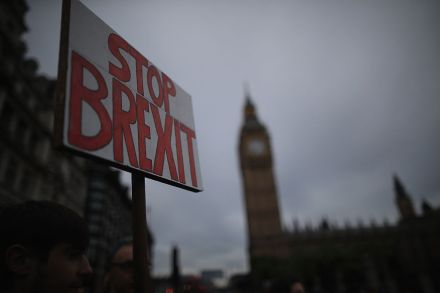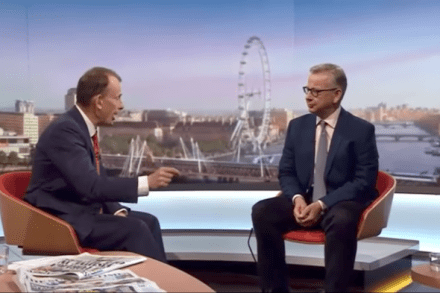A recession is coming – but that doesn’t mean Brexit is to blame
The Office of Budgetary Responsibility (OBR) makes a point in its Fiscal Risk Report today that ought to be obvious and yet which hardly ever seems to feature in debate over the public finances and ‘austerity’. It is virtually certain that sooner or later the UK economy will suffer another recession which will cause tax receipts to sink, welfare payments to grow and so quickly reverse any progress that has been made in closing the deficit. In fact, you can pencil in that recession for sooner rather than later. The risk of a recession in any five year period, calculates the OBR, is as high as one in two. And when




















